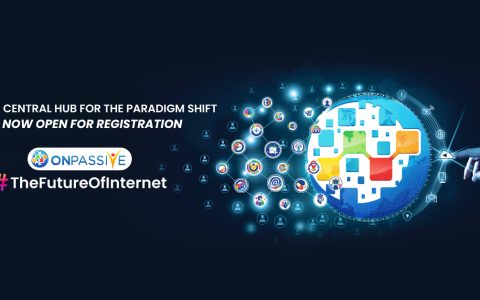
As data becomes more and more ubiquitous, organizations turn to data analytics to help them make better decisions. But what is data analytics? And how does it impact decision-making? Data and Analytics is the process of extracting insights from data. It can improve decision-making in several ways, from identifying new opportunities to streamlining operations. Keep reading to learn more about why data analytics is important for decision-making.
Data Analytics for Better Business Decisions

Data analytics helps organizations make better business decisions by identifying patterns and trends they may not have been aware of before. This information can help organizations improve their operations and make smarter decisions about allocating their resources. Data analytics can also help organizations understand their customers better and develop marketing campaigns that are more likely to succeed and make organizations more efficient and profitable.
The Emergence of Data-Driven Decision-Making
Data-driven decision-making is the process of making decisions based on data analysis. The use of data analytics has had a significant impact on decision-making. Data analytics allows organizations to obtain and analyze data to examine past performance, identify trends, and predict future outcomes.
The use of data analytics has allowed organizations to make better decisions faster and more efficiently. Data-driven decision-making helps organizations avoid costly mistakes and optimize their operations. In addition, data analytics can help organizations identify new opportunities and understand customer behavior.
Organizations are increasingly turning to big data and artificial intelligence (AI) to improve their decision-making capabilities. Big data is a term for the large volume of data generated by businesses, governments, and individuals. AI is a technology that enables computers to learn from experience and perform tasks that usually require human intelligence, such as understanding natural language and recognizing objects in images.
Big data can improve our understanding of how customers behave to develop targeted marketing campaigns and improve the customer experience. Big data can also improve our understanding of how products or services are performed. For example, airlines can use big data to track the number of delays or cancellations for each flight route. This information can be used to make changes to improve service quality. Similarly, online retailers can use big data to track website visits and purchase patterns and return customers to design better shopping experiences for their customers.
Benefits of Using Data Analytics for Making Decisions
Data analytics has changed the way businesses make decisions by allowing them to use past data to predict future outcomes. By doing so, companies can better understand their customers and how they interact with their products or services and increase business efficiency and success. This information can be used to make more informed decisions about what products or services to offer, how to market them, and where to allocate resources.
Businesses have always made decisions based on experience, but data analytics allows them to more systematically and efficiently. By analyzing historical data, companies can identify patterns that would otherwise be difficult or impossible to see. This information can then be used to create models that predict future outcomes.
Data analytics also allows businesses to track performance over time. They can compare current results against past results to determine whether they are making progress and where they need to make changes. Businesses can also use data analytics for competitive analysis; by understanding how their rivals operate, they can find ways to improve their operations.
Big Data and the Advent of Data Lakes

Big data and the advent of data lakes have significantly impacted decision-making. The ability to store and process large amounts of data in a single location enables businesses to glean insights that were not possible before. Data lakes allow for data aggregation from various sources, including internal systems and external sources such as social media. This will enable businesses to gain a more comprehensive understanding of their customers and operations.
The use of big data analytics has led to new technologies that help organizations improve the efficiency of decision-making based on real-time insights. Machine learning algorithms can analyze historical data to predict outcomes. This allows businesses to take proactive measures instead of reacting after the fact. It has allowed companies to become more efficient and agile while providing actionable insights that help them stay ahead of the competition.



